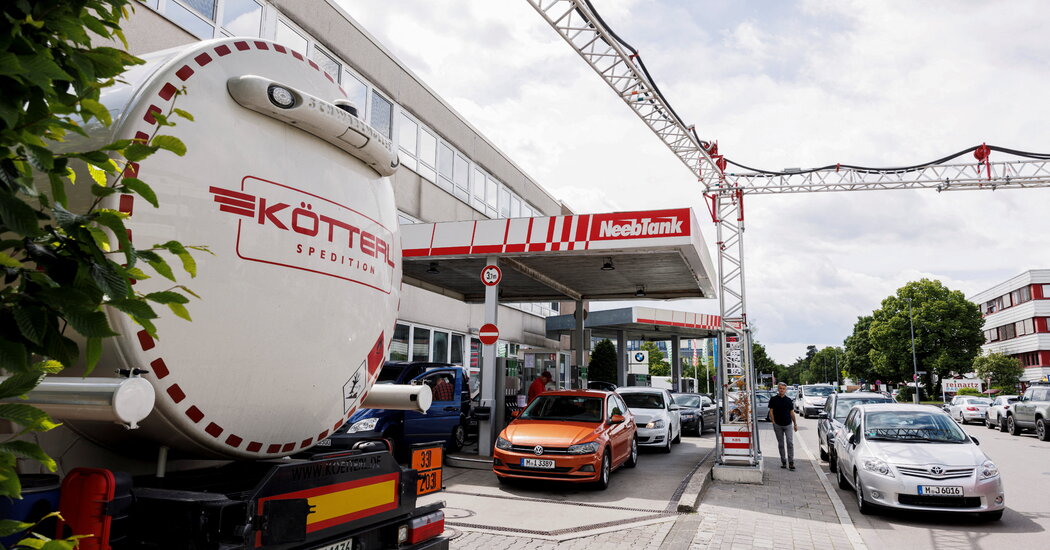Annual inflation in Germany rose to 8.5 percent in July from 8.2 percent in the previous month, as further cuts in natural gas imports from Russia raised concerns that already record high energy prices could rise further.
Official data released last Thursday showed that energy prices rose more than 35 percent from a year earlier and remained the main cause of inflation in Europe’s largest economy.
“Since the start of the war in Ukraine, especially energy prices have increased significantly and had a significant impact on high inflation,” the Federal Statistics Office said in a statement. He also mentioned that the disruption of the supply chain caused by the corona virus epidemic and the increase in the cost of manufacturing industrial products are the reasons for the increase in growth.
The overall increase was astounding. According to surveys by Bloomberg and Reuters, analysts forecast inflation to be lower.
So far, energy suppliers have been under pressure from high natural gas prices. Germany’s troubled energy company Uniper was bailed out last week by the government, which took a 30 percent stake. But since this fall, The government will introduce an energy surcharge of several cents per kilowatt hour on consumer bills. Officials expect the fee to translate into an annual increase of several hundred euros per household.
Germany, which still depends on Russian natural gas for about a third of its needs, has been hit particularly hard by Russia’s decision to drastically cut its oil supply. This week, Russian energy company Gazprom cut the flow of its Nord Stream 1 pipeline to Germany by 20 percent, further limiting already limited supplies.
Economists say Germany is on the brink of recession, as business sentiment declines and officials urge citizens to reduce their energy use at all costs, even by taking cold showers.
Last week, the European Central Bank raised interest rates for the first time in more than a decade to control inflation amid growing fears of an economic slowdown.
The global outlook has worsened in recent months as inflation has risen across all corners of the economy and disruptions caused by the pandemic have wreaked havoc on supply chains. The fading outlook for the eurozone, the grouping of 19 countries that use the euro, was particularly worrisome.





